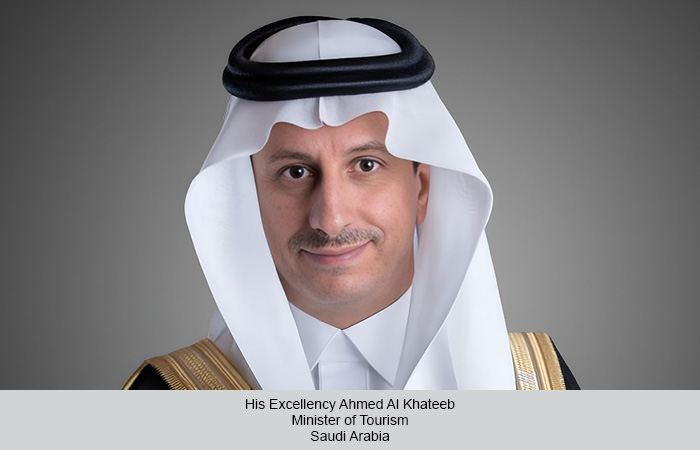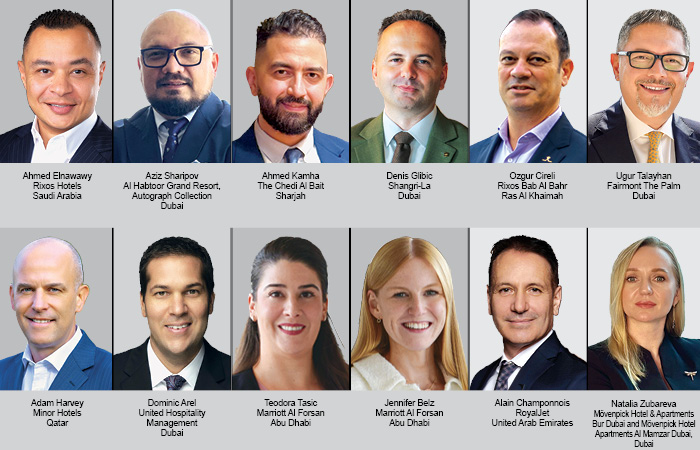Emerging from the challenges of the pandemic, dnata Travel Group has rapidly accelerated its growth, leveraging diversified source markets and innovative technologies. In an insightful discussion on ‘Journeys in Technology’, John Bevan, CEO, dnata Travel Group, shares his perspective on the evolving travel landscape, the role of AI, and the balance between technology and human interaction.
TT Bureau
John Bevan, Chief Executive Officer, dnata Travel Group, sharing his views on the hype around Artificial Intelligence (AI) and its potential to replace travel agents, says. “I don’t think AI will remove the need for travel agents. It amuses me when people say AI can plan a three-day itinerary. Essentially, it scrapes the internet for existing information and presents it to customers. But a good salesperson on the phone or in your shop will do a much better job. The human element is irreplaceable.”
Recalling a historical analogy, Bevan, adds, “When the internet appeared, a chairman at a conference told travel agents to invest in a carpet for their shop rather than the internet. Similarly, AI has its uses, but it will not replace the value of human creativity and personal touch.”
Practical uses of AI
Internally, dnata Travel Group is harnessing AI for practical applications, especially in handling increasing costs and complexities. “We have seen significant cost increases and offshoring becoming more expensive. Therefore, we have started using AI and robotics to improve back-end processes. For instance, we have developed a vault using AI to read and process manual hotel contracts, achieving a 25-30 per cent time gain. We anticipate up to 70-80 per cent improvement as the system matures,” he says.
Bevan highlights other AI applications, such as automating schedule changes for airlines, which improves efficiency and customer communication. “We had success in the UK where a robot handles schedule changes, alerting clients within minutes. This saves time and resources, ensuring timely customer notifications,” he shares.
Further enhancing customer experience
On the front end, AI assists agents in providing better service. “If an agent is planning a trip to Singapore, AI can suggest local events and attractions based on real-time data, enriching the customer experience. However, AI will not take over the conversation; it enhances it,” he says.
Balancing technology and human interaction
Bevan stresses on the importance of adapting to customer preferences. “Whether it’s WhatsApp, email, chat, or face-to-face, we aim to communicate through the customer’s preferred channel. For example, we have successfully used WhatsApp for concierge services, providing immediate assistance upon a client’s arrival in Dubai,” he says.
Value of physical presence
Despite technological advancements, physical presence remains significant in certain regions. “In the Emirates, 50 per cent of our transactions are offline. Human interaction is crucial, especially in corporate travel. People prefer meeting in-person rather than over Zoom,” he says, sharing his experience.
Social media influence
Social media plays a pivotal role in dnata’s marketing strategy. “Social media is hugely popular here, especially among the Emirati community. Influencers can significantly impact travel trends, as seen when prominent figures showcase their trips on platforms like Instagram,” he opines.
Future predictions
Looking ahead, Bevan envisions continued importance of human interaction in travel planning. “Complex trips, such as first-time visits to Asia or South America, will still require human expertise. The travel industry needs to move away from pigeonholing customers and adapt to their evolving needs. Seamless booking and management systems are essential for the future,” he says.
In a nutshell, while AI and technology are transforming the travel industry, the irreplaceable value of human touch and expertise remains central. dnata Travel Group is poised to navigate this evolving landscape, balancing innovation with personalised service.
 TravTalk Middle East Online Magazine
TravTalk Middle East Online Magazine





